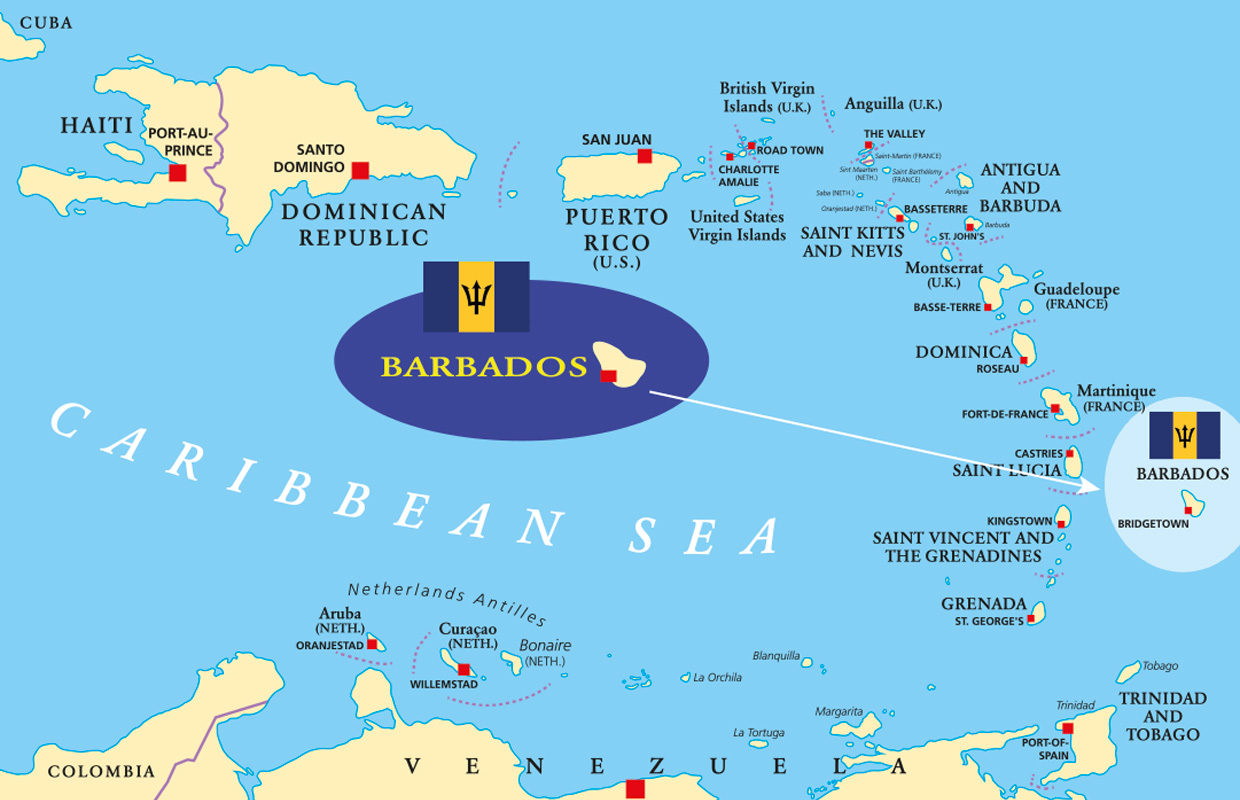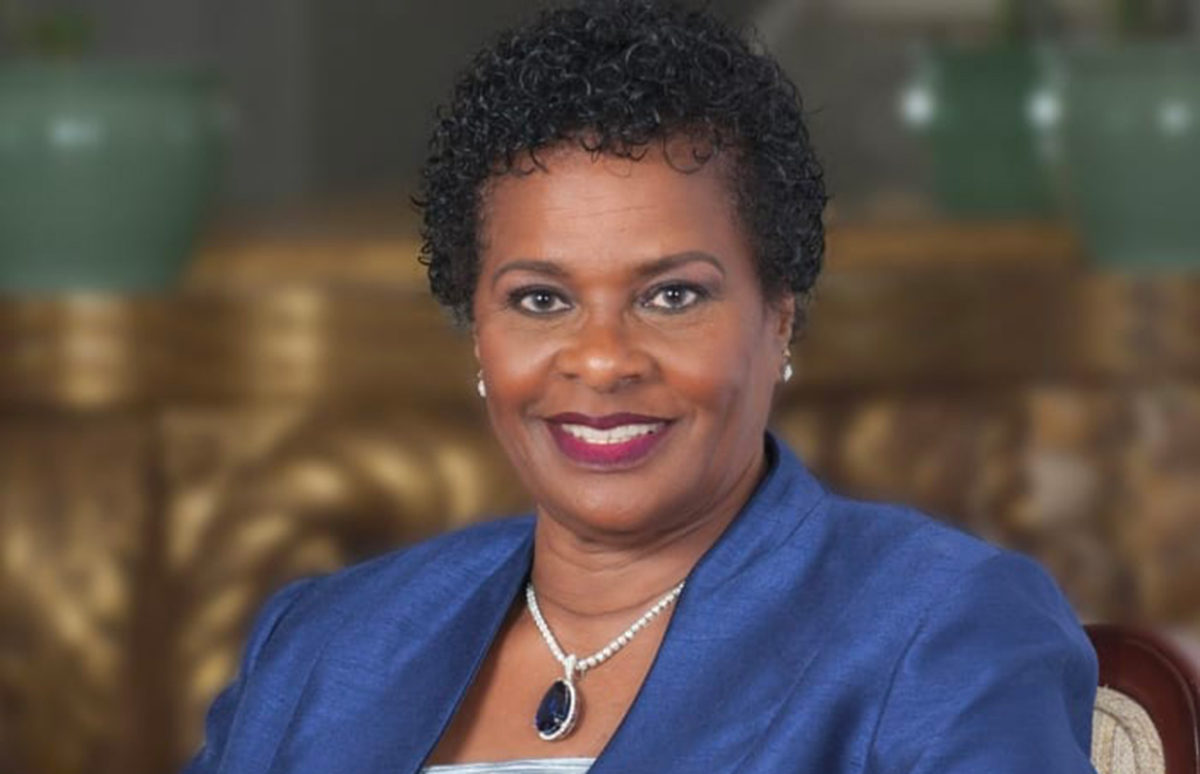On 21 October, the Caribbean nation of Barbados took the first step towards becoming a republic when the joint houses of Parliament chose Dame Sandra Mason as the country’s first president, to replace Queen Elizabeth II as head of state.
Ms Mason, a trained lawyer and former magistrate, has been the Governor-General of Barbados since 2018: the representative of the British Crown on the island.
Barbados will officially become a Republic on 30 November, its annual Independence Day, joining three other former British colonies in the Caribbean which have replaced the British monarch with an elected official: Guyana, Trinidad and Tobago, and Dominica. All three remained members of the Commonwealth, which Barbados also intends to do.

A committee is currently working on a new citizens' charter for the new President to read out on Independence Day, and next year Parliament will make proposals for new Constitution.
When the decision to move toward Republic status was approved in 2020, Governor General Mason, delivering a speech on behalf of the country’s Prime Minister Mia Mottley, said, “The time has come to fully leave our colonial past behind.”
Barbados was a British colony from 1627 century until independence in 1966. Colonists resorted to slave labour to produce sugar, with the result that today the population is in large majority descended from enslaved African people. Today it has a population of 285,000 and an economy based around tourism, finance and sugar production.
This would be a good update for Shine Bright 1e File 7 Caribbean Vibes or Shine Bright LLCER File 8 From Isle to Isle.
Copyright(s) :
Barbados Government
Peter Hermes Furian/Shutterstock
Tag(s) : "Barbados" "British Empire" "Caribbean" "colonisation" "Commonwealth nations" "post-colonial movements" "Shine bright 1e" "Shine bright LLCER" "UK history" "West Indies" "Windrush"






